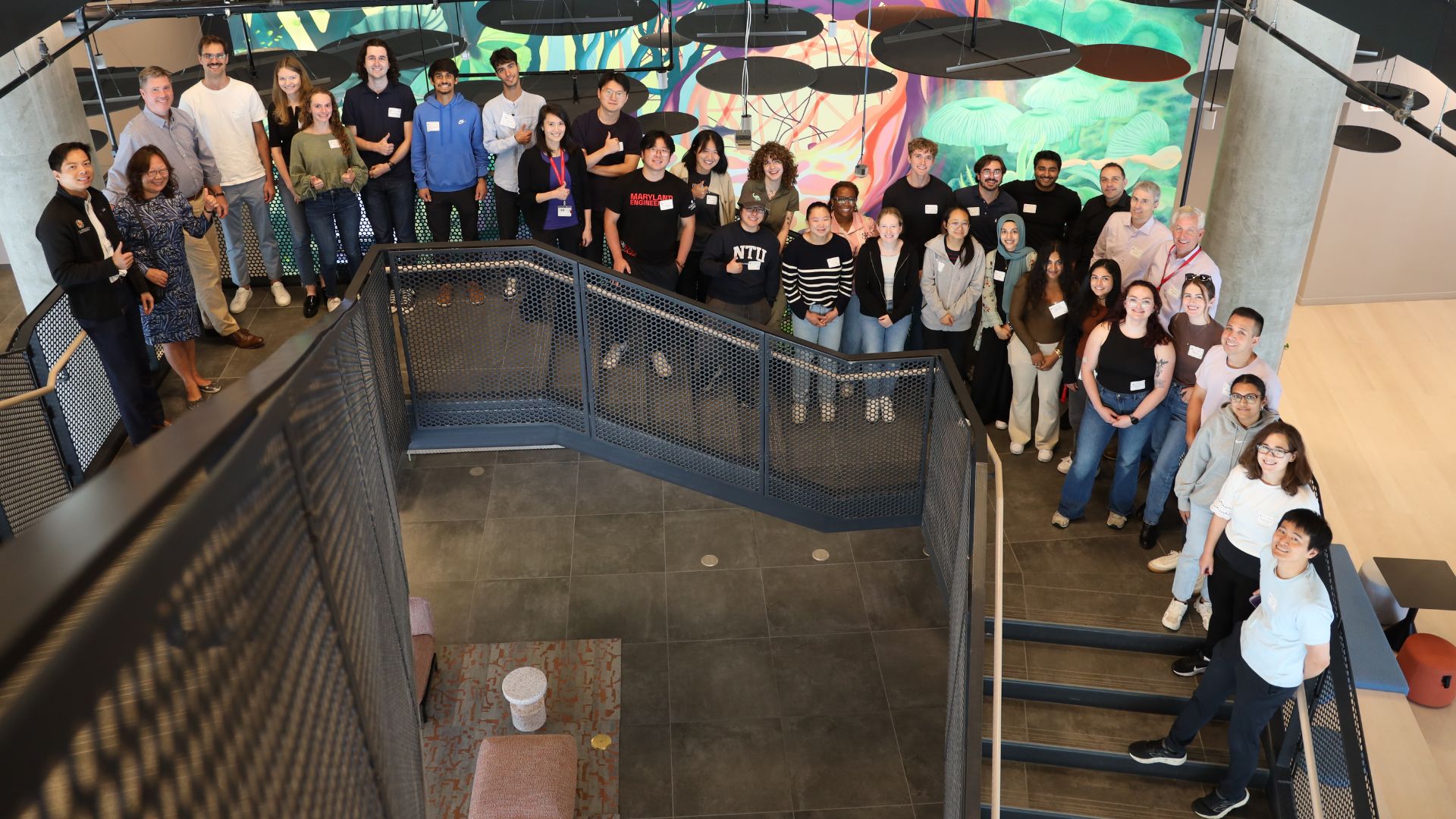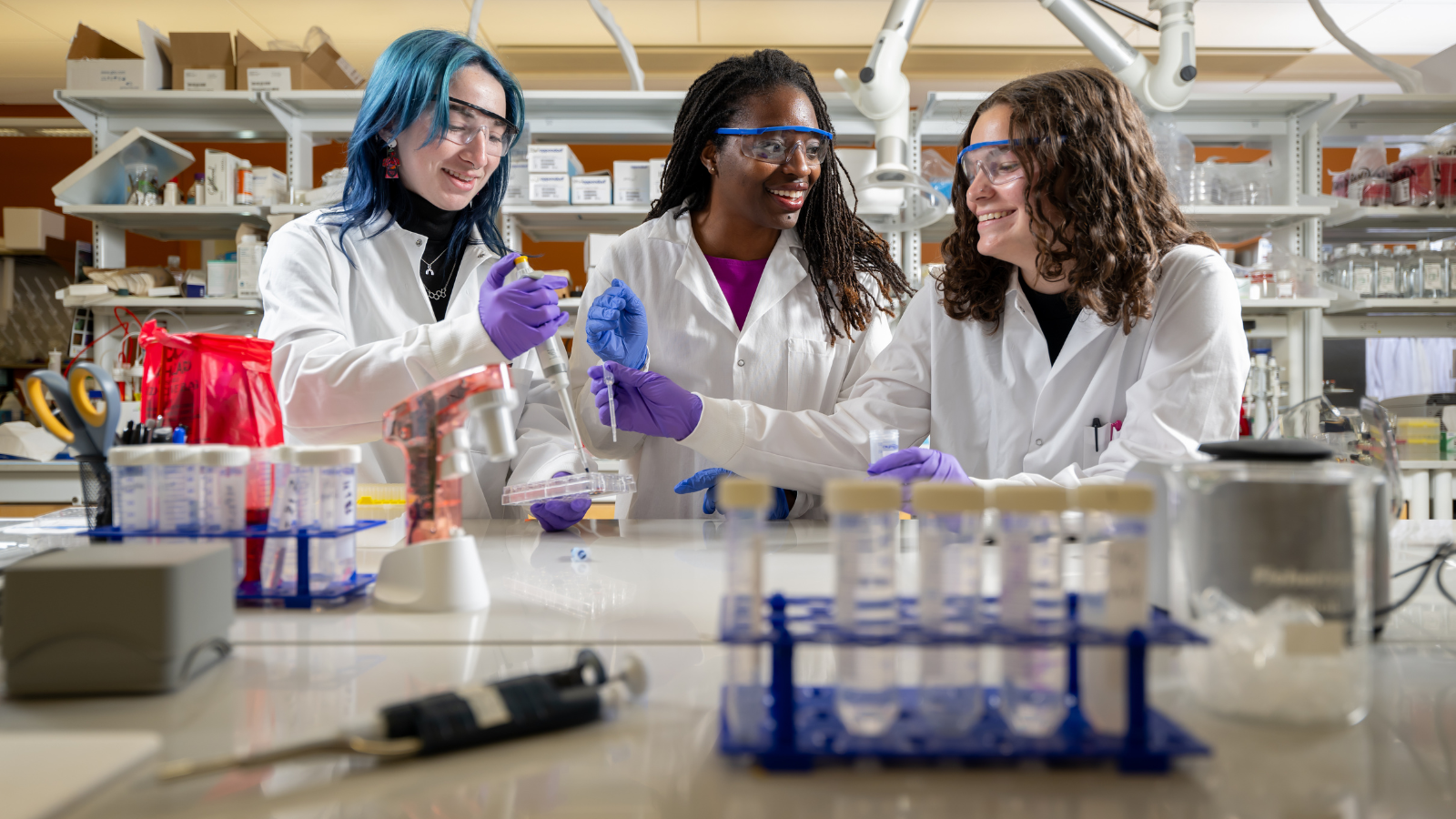News Story
Callie Weber Earns Third Place in Dean's Ph.D. Research Award Competition

Callie Weber (Ph.D. ‘24), a recent Ph.D. graduate from the Fischell Department of Bioengineering (BIOE), placed third in the A. James Clark School of Engineering Dean's 2024 Ph.D. Research Award competition. Weber, who conducted her graduate research in Professor Alisa Clyne's Vascular Kinetics Lab, recently began a postdoctoral research position at Stanford University in the Department of Orthopedic Surgery and Bioengineering.
Weber's thesis project examined how various risk factors for Alzheimer’s disease contribute to blood vessel dysfunction in the brain. Her research specifically explored the effects of female sex, stress hormone exposure, the APOE4 genotype, and a sedentary lifestyle on blood vessel function and metabolism. Her findings identified biological mechanisms that link these risk factors to impaired blood vessel integrity and metabolic disruption—both of which play a role in Alzheimer’s disease progression. Ultimately, the mechanisms uncovered in her research may serve as future therapeutic targets to slow or prevent the disease.
“My time at UMD and the Fischell Department of Bioengineering shaped my research approach by fostering interdisciplinary thinking and emphasizing mentorship and collaboration,” Weber said. “Working with faculty in chemical engineering, physiology, and kinesiology taught me the value of integrating perspectives from engineering, biology, and computational biology to address complex challenges.”
Weber’s interest in bioengineering began in high school when she learned about tissue engineering in an AP Biology class. As an undergraduate at Vanderbilt University, she pursued research with Dr. Leon Bellan, where she worked on fabricating capillary models to better understand the role of blood vessels in Alzheimer’s disease. This hands-on experience solidified her passion for research and led her to pursue a Ph.D. at UMD.
Her new role as a postdoctoral researcher at Stanford expands on the foundation she built during her Ph.D., allowing her to apply her expertise in cellular metabolism to better understand how metabolic changes contribute to slower bone fracture healing in aging populations. Looking ahead, she hopes to establish her own lab dedicated to studying metabolic contributions to disease.
Outside of her research, Weber enjoys hiking, cooking, and reading. She is excited to continue exploring the intersection of metabolism and disease development in her postdoctoral work and future independent research endeavors.
Published February 3, 2025




